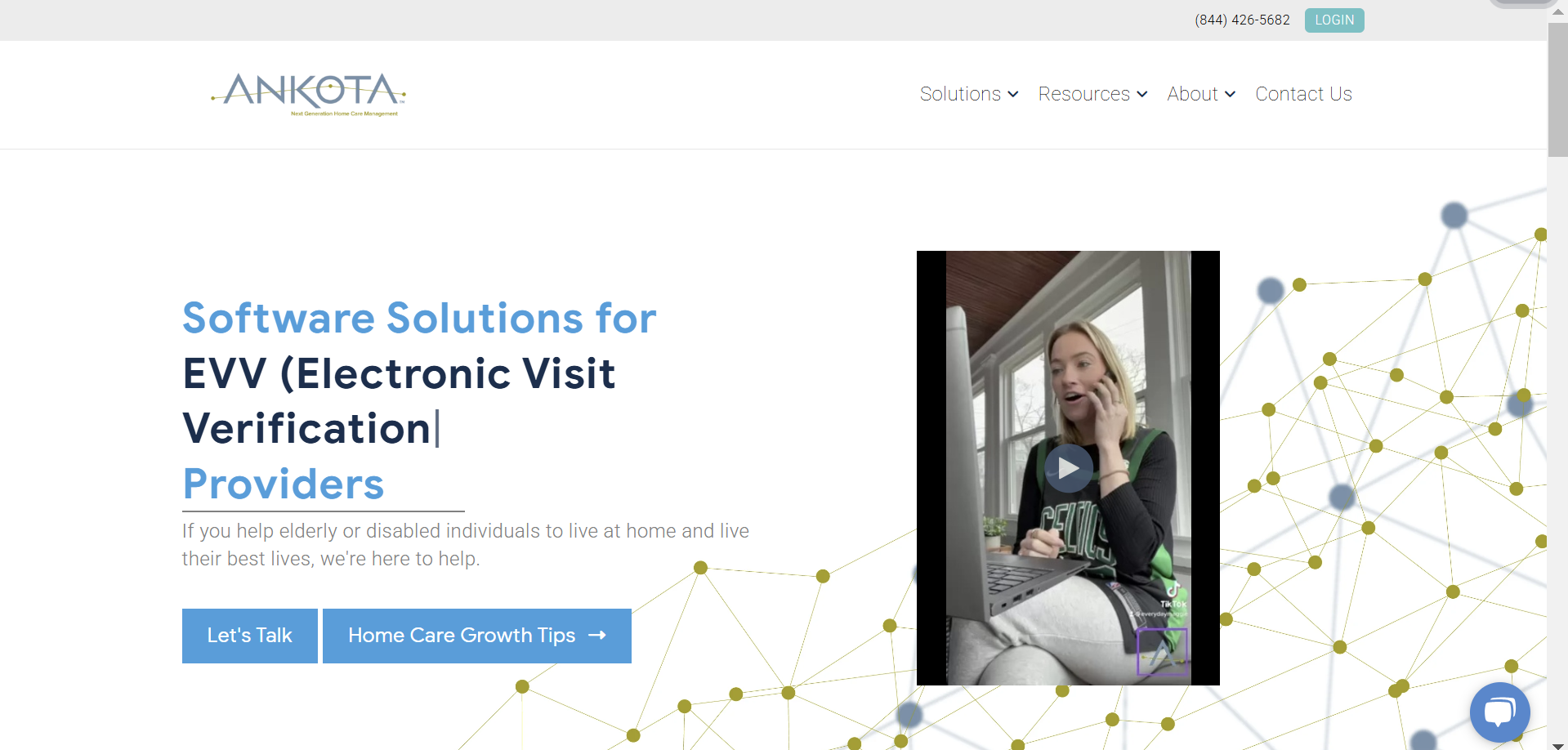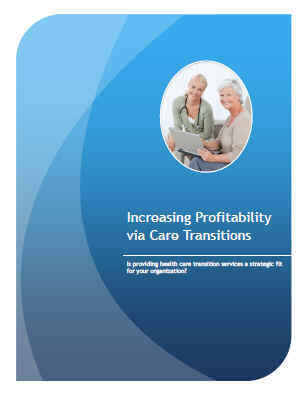
.png)
.png)



Ankota offers end-to-end solutions for managing care delivery for older or disabled people in their homes and in day facilities. Additionally, some of Ankota's solutions can be unbundled modular components for companies that have home-grown or best of breed components but need additional add on capabilities.
Home Care, Day Services and Disability Services will continue to be among the most important industries wordwide for the next 2 to 3 decades. The resources provided here are designed to help you learn and grow. Thanks for being home care heroes and day service stars
Ankota creates software for organizations that keep older and disabled people living at home. Our primary products are software for Home Care, Electronic Visit Verification, Adult Day Services, and Long Term Supports and Services (LTSS) for people with Intellectual, Development Disabilities. We also support other players in this ecosystem like PACE programs, Area Agencies on Aging (AAAs), Centers for Independent Living (CILs) and more

Some states have authorize home care models where the care is directed by the consumer receiving services. These models are often referred to as Consumer Directed Services (CDS) and sometimes referred to as registry models or Employee of Record models. In many cases these programs are administered by home care agencies, but the caregivers are not employees of the home care agency. For agencies who are not participating in these models of care it can be very confusing, and even agencies who do participate in these care delivery models often have trouble complying with their expectations.
This article seeks to demystify CDS and Registry Models:
 The first "rule" is that the rules vary. These programs are generally Medicaid-driven and Medicaid rules are defined by each state.
The first "rule" is that the rules vary. These programs are generally Medicaid-driven and Medicaid rules are defined by each state.
Since the consumer directs the care, it is often the case that the home care agency isn't allowed to "schedule" the caregiver. Having said that, the consumers and caregivers aren't generally good at keeping track of where they stand against their authorization. One approach agencies take is to "earmark" schedules with duration only and not specific times in order to give the caregivers a guideline.
When caregivers are employees of the home care agency, the agency is generally required to pay for all time worked, even if the caregiver wworks beyond the authorized units. In the case of CDS programs, this is generally not the case. Since the consumer is directing the care, any payments above the authorization would be the responsibility of the consumer to pay.
This is an area where the rules vary by state, but many of these programs allow relatives to provide the care (but sometimes with restrictions such as that the care provider can not be the spouse).
There is often a requirement for the consumer to be able to approve their hours. This is tricky given that clients are generally elderly and not very tech savvy.
In this model, it is generally the consumer receiving care who is the employer of their caregiver(s) and as such, the home care agency performing the admin role needs to submit tax forms on behalf of the consumer.
Often your state Medicaid program administrators will provide legal guidelines so that you can avoid behaviors that would make your agency the employer.
Ankota has strong expertise with CDS programs in multiple states. If we can help you automate your program, please ask.
---
Ankota provides software to improve the delivery of care outside the hospital, focusing on efficiency and care coordination. Ankota's primary focus is on Care Transitions for Readmission avoidance and on management of Private Duty non-medical home care. To learn more, please visit www.ankota.com or contact us.

Ken is the founder and CEO of Ankota, a company that helps any organization that helps older or disabled people live independently in their home of choice. Having grown up with a disability and a passion for healthcare, this is Ken's mission

.png)
.png)



Form Optimizing schedules to powering Kota Companion, AI is woven throughout our platform to make care smarter, safer, and more connected.


Trusted by home care agencies nationwide
